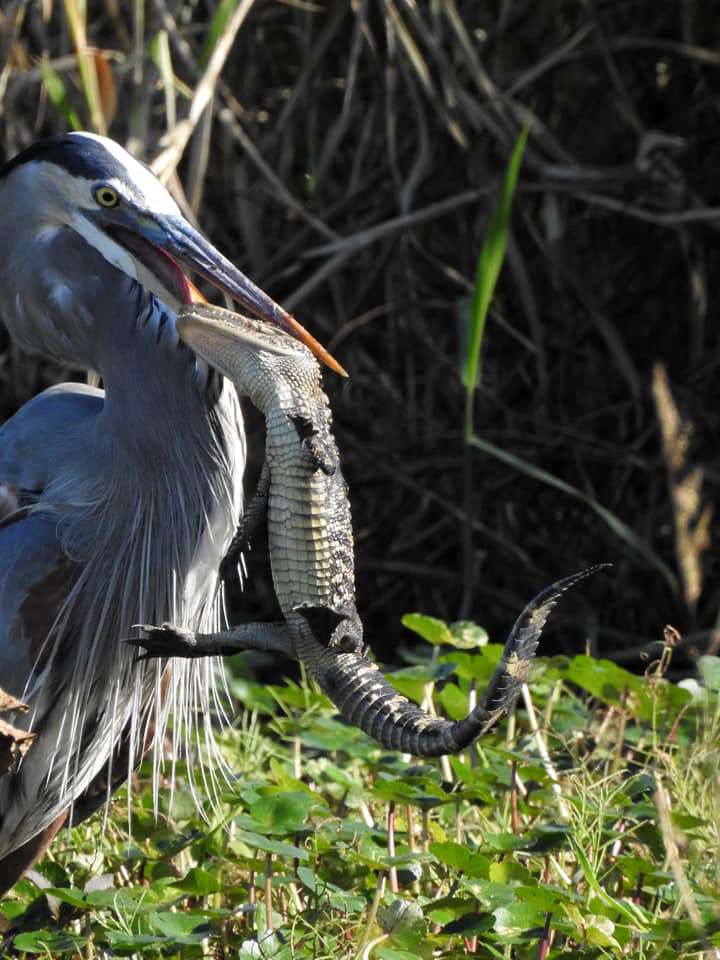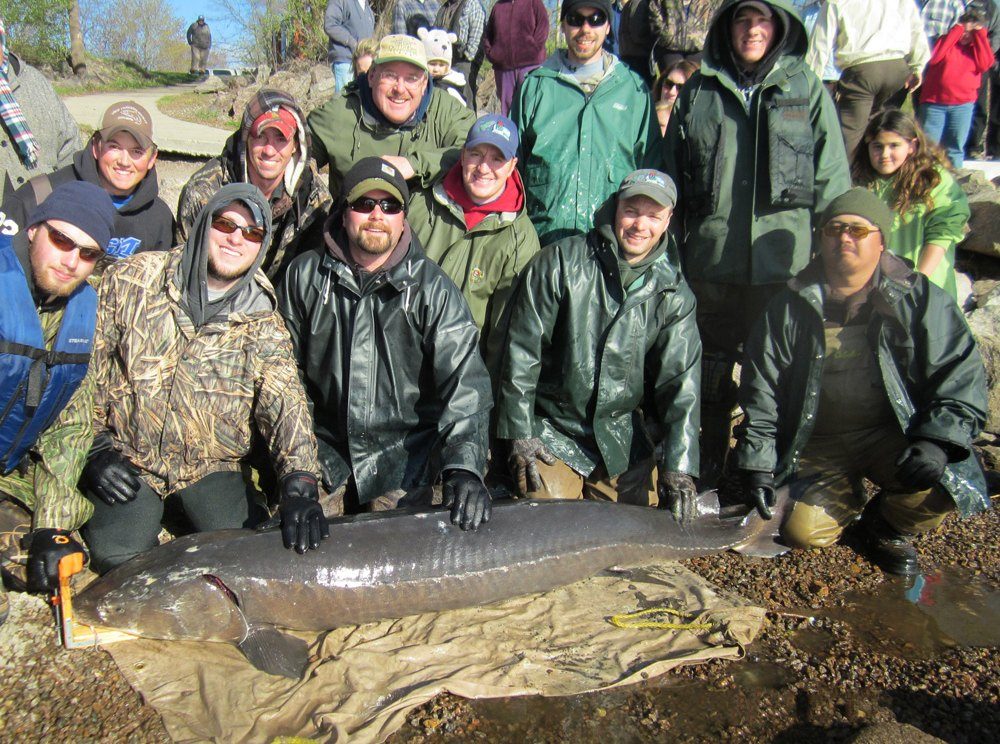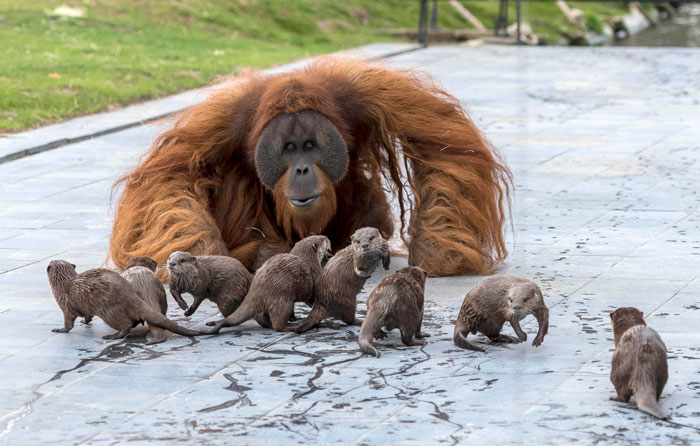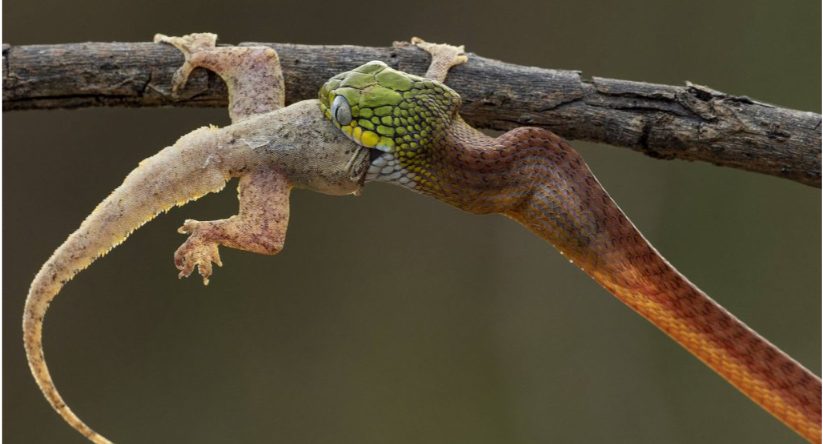There are two entirely distinct worlds in south-east Venezuela’s small equatorial rainforest. Gigantic, flat-topped sandstone cliffs tower like impervious fortresses above the dense jungle – a reserved, cloud-wrapped ‘Otherworldly place’ encircled by a rackety underworld alive with screeching macaws and Jabbering monkeys. Called ‘Tepuis’ by the Pemon tribe of the region, the sheer-walled peaks were the push for Sir Arthur Conan Doyle’s tale, The Lost World.
Closely 2 billion years ago, when Africa and South America were still a piece of the super-continent Gondwanaland, residue from deteriorating peaks created an expansive bed of sandstone. This was raised by earth movements, and as millenniums passed by merciless scouring by weather and moisture unhurriedly wore away more vulnerable spots.
Now only the elevated table cliffs remain, some 3200ft (980m) lofty and physically secluded from the landmass below. The rainforest’s temperature is around 26C (78F), but at the peak, cloud-shrouded plateau, it is almost 10C (18F) cooler.
















